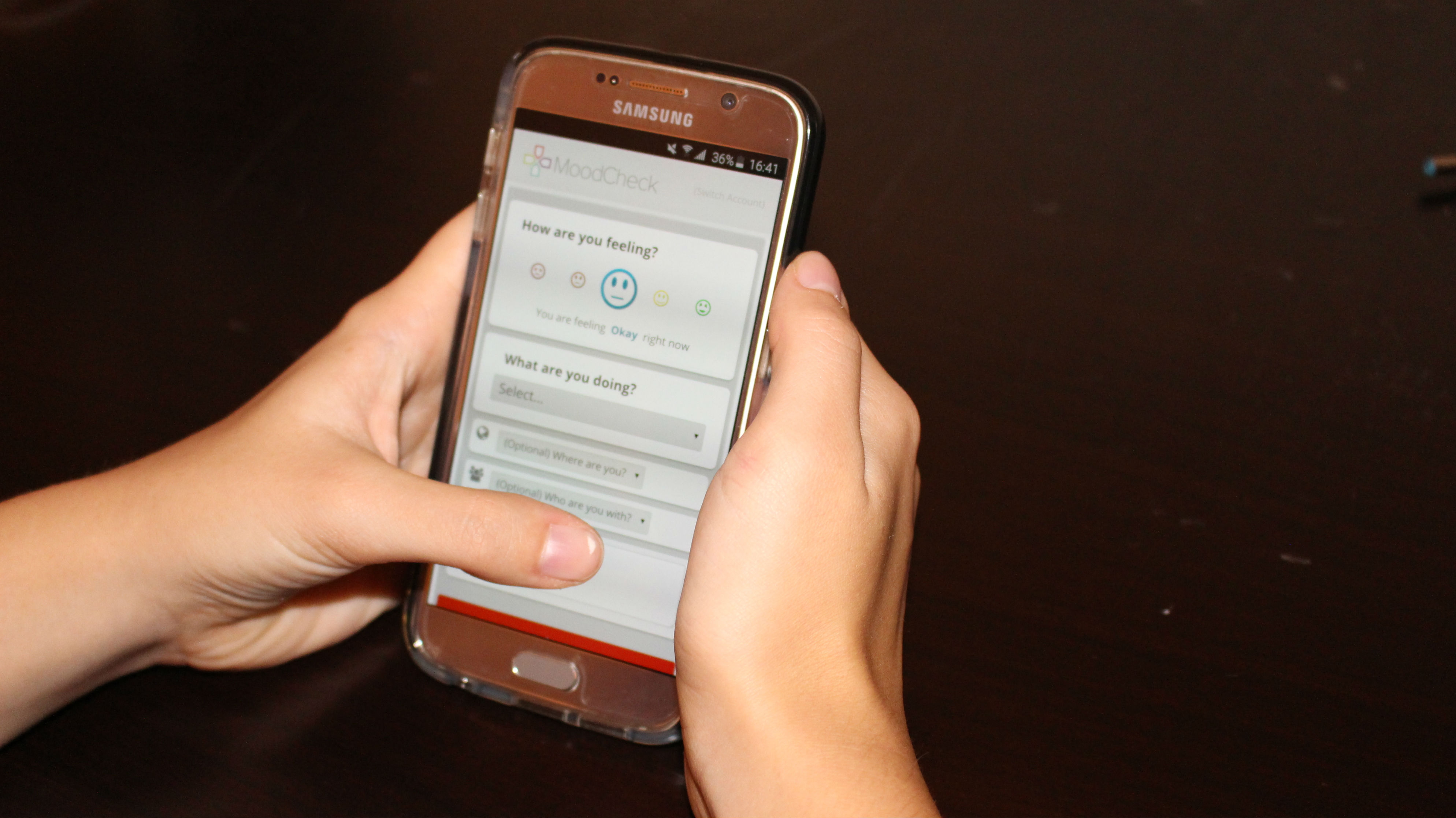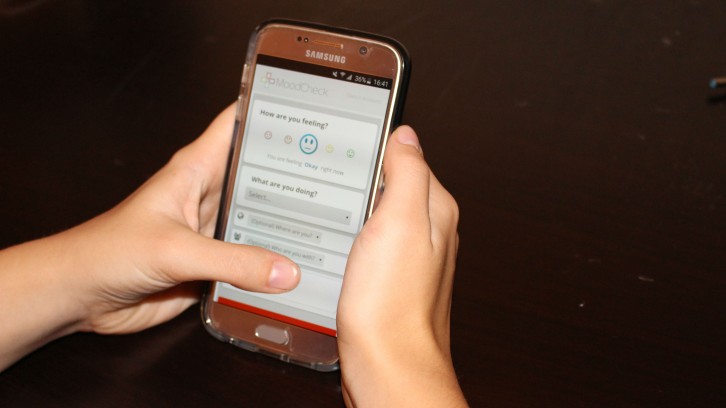Mental health
New apps make counselling portable
Web-based counselling service offers option to people who don’t seek treatment

caption
The WellTrack Mood Tracker helps users track how different situations affect their moods
caption
The WellTrack Mood Tracker helps users track how different situations affect their moodsDalhousie University and the University of King’s College are providing a new web-based counselling tool to students. WellTrack targets depression, anxiety and stress, all problems that WellTrack coach Jennifer Richards says are prevalent among university students.
“I haven’t met a single student who wouldn’t describe themselves as stressed at some point in the year,” said Richards, who works at Dalhousie Counselling and Psychological Services. “I think this could help just about everyone, whether it’s school or personal stress.”
She said it can be used on its own to treat mild to moderate symptoms, in conjunction with face-to-face counselling or while on the waitlist to get into counselling.
The web app is appropriate for students who don’t want to come in to the Counselling and Psychological Services Centre for therapy, she said, and there are many reasons they might not:
- They don’t think their symptoms are severe enough
- They don’t have enough time
- They are embarrassed to come in, because a stigma still exists
WellTrack has been available for a couple of weeks now and Richards says a lot of students have already signed up.
Dalhousie Student Union president Dan Nicholson describes the app as an “intermediate step in seeking help,” saying that it’s a huge benefit to be able to “have help immediately at your fingertips, from wherever you are.”
He has been using the app for a few days and although he says he can’t speak to its benefits personally yet, he’s impressed with the comprehensive and easy-to-use layout. He said an app that’s user-friendly is important, because it doesn’t discourage people from using it, like an app that’s difficult to navigate might.
There is an onus on the university to provide the best mental health it can, he said, and there are big strides being made, including with WellTrack.
The app is made by Cyberpsyc, a Fredericton-based company headed by University of New Brunswick psychology professor Darren Piercey.
After signing up by getting a free authorization code from Dalhousie’s counselling centre, WellTrack identifies the student as having depression, anxiety, stress or a combination through a short survey, then recommends a course to work through online. The courses consist of short videos and activities to address symptoms, in addition to relaxation tools and regular mood checks, which can be accessed anywhere.
An optional addition, also free, is talking to a coach, who can be reached by email or phone.
Richards, who is the only coach right now, says she tries to be as available as she can throughout the day, not just during her work hours. She likens the WellTrack coach to a personal trainer at a gym: you can go to the gym without a trainer and still get exercise, but you know it will be better with someone guiding you.
More help on its way
The IWK is also coming out with an app to help students struggling with mental health issues.
Although still in development, the app aims to help depressed young adults from 14 to 25, by encouraging them to change their routine and thoughts into a more positive and constructive manner.
“People who feel depressed often spend far too much time having negative thoughts such as ‘I am a failure,’” wrote Anna Huguet, one of the research scientists behind the app, in an email. She said the app will help users feel like they are gaining control of their own life again.
Right now, the IWK is testing the prototype on five adolescents with depression and a second prototype is in the works. But the app is not set to come out for another two years, when there is evidence that it is successful.
Huguet said using technology as a medium to deliver care is a better way of reaching those who may not benefit from traditional treatments. She, like Richards, said it would also reach those who feel burdened by stigma or are stuck on a waiting list for a counsellor.

